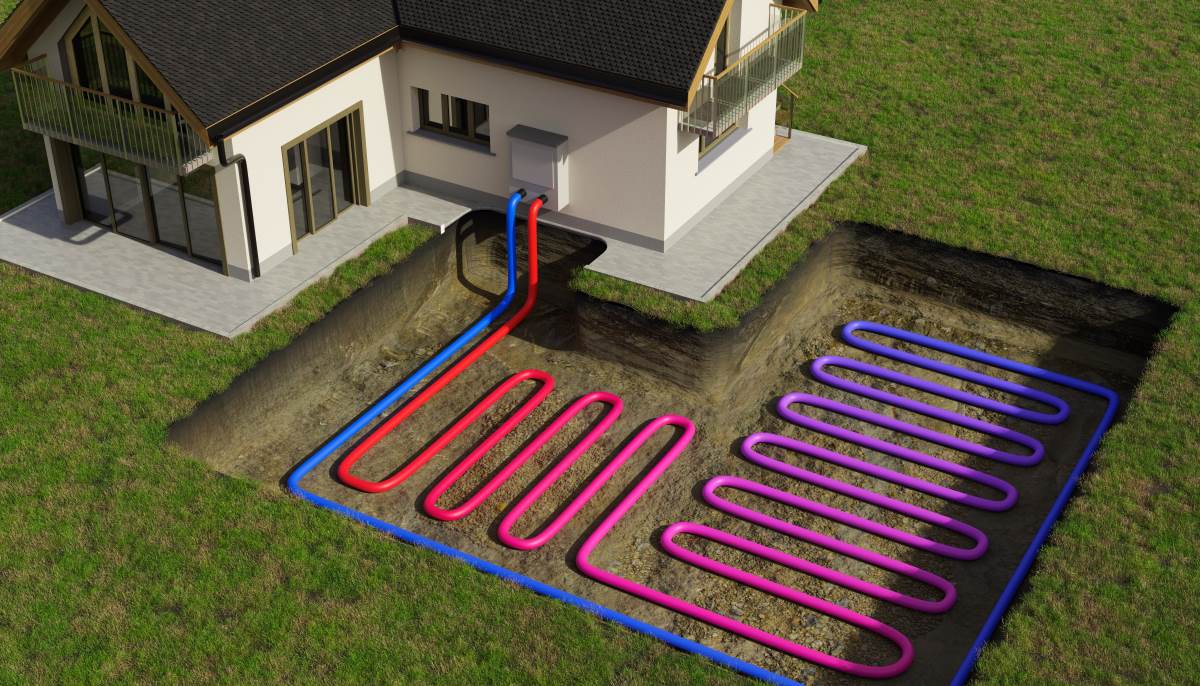On October 3rd, a workshop by the Bocconi Smart City Observatory on the benefits of geothermal energy.
Within the MUSA project, scheduled for October 3rd,
Water as an energy resource in the future of smart cities. This will be the topic of discussion – particularly focusing on geothermal energy as a versatile and central renewable source in the decarbonization process of the energy sector – during the workshop organized by Bocconi University’s Smart City Observatory on October 3rd at 2:30 PM (Room 13 – Via Sarfatti 25).
This event is part of the MUSA project, which among its various objectives, aims for urban regeneration.
“The Water as an Energy Resource: Geothermal Energy in the Smart City” is the title of the workshop and will delve into the economic, social, and environmental benefits, as well as the key regulatory, technological, and business aspects necessary for the implementation of geothermal solutions, considering barriers and enabling factors.
In this context, the potential applications and development in the Milanese territory will be analyzed. The use of surface water, groundwater, or reclaimed water in the geothermal context gains further relevance in urban settings. In cities, there are various conditions that can favor the use of water as an energy resource in a smart city perspective, including demand density, functional mix, and opportunities for integrated service management.
The introduction will be given by three leading experts in the field, starting with Edoardo Croci and Giuseppe Franco Ferrari, coordinators of Bocconi University’s Smart City Observatory, and Massimo Labra, full professor at the Department of Biotechnologies and Biosciences of the University of Milan-Bicocca, at the forefront of MUSA’s urban regeneration projects. Croci also coordinates the Green Economy Observatory.
The Smart City Observatory was established in 2018 as a joint initiative of GREEN – Research Center on Geography, Resources, Environment, Energy, and Networks – and the “A. Sraffa” Department of Legal Studies, focusing on the political and legal issues arising from the emergence, development, and governance of smart cities. In particular, it conducts research for the intelligent development of urban infrastructure, services, and communities through a structured activity of study, communication, training, and interdisciplinary dissemination of results.
The workshop is part of the Observatory’s series of informational meetings and events aimed at stimulating the debate on smart cities, with the goal of developing innovative proposals, defining position papers, and promoting the development and improvement of policies and tools for smart cities.
The program (pdf)





